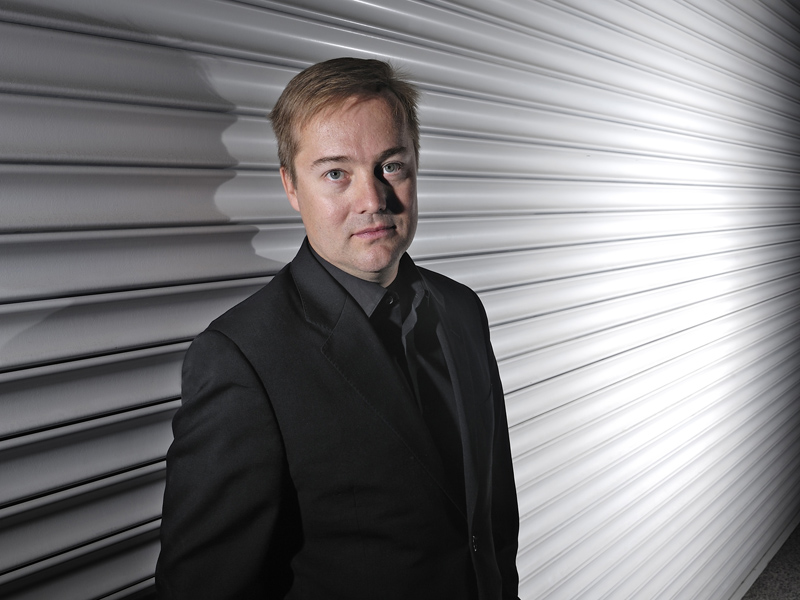"I want to build the next Yahoo or Wikipedia"
Interview: Jason Calacanis on Mahalo's mission to reinvent search

Jason Calacanis isn't exactly the most popular online entrepreneur around.
In the past he's called SEO "bullshit" and "a wasted industry" while speaking in front of thousands of delegates at search engine marketing conferences.
February's Affiliate Summit keynote was less controversial, but Jason still pointed out that affiliate spam was polluting the internet and also joked that anyone in attendance from PayPerPost should kill themselves. And at the Future of Web Apps conference he quipped that if you want to be average, you should go and work at 37signals but not for him. Jason Calacanis tells it as it is. And he's not too concerned about the consequences.
"You've got thousands of SEOs who hate the fact that I damaged their industry and told people not to hire an SEO," Jason says. "But I don't mind that. People can disagree with me. A lot of them are anonymous 12-year-old kids anyway – it's no big deal. You can't take it too seriously. People can hate me if they want to and debate what I say but as long as they check out my project and consider using it and talk about it, that's fine with me."
The project Jason is referring to is human powered search engine Mahalo, which he launched a year and a half ago. Mahalo (motto: we're here to help) uses a full-time team in Santa Monica, plus an army of freelancers all over the world, to write and edit results pages, free from spam and other junk. "Nobody is really doing it the way we're doing it," Jason explains.
"There are a lot of copycats that are trying to do social search and letting people vote, but I don't think anybody is actually paying a couple of hundred people to write really high quality pages. We're exactly 50 per cent Wikipedia and 50 per cent Google. And I think that's the future of search, to put a little bit of Google and a little bit of Wikipedia on the same page. Our articles are better than Wikipedia because we have real, paid people working on them and fact checking them. We don't have as many yet but we will. And then our search results are better than Google's because we have humans go through them. It costs us a lot more money than Wikipedia, which spends nothing, but it's probably costing us less per search result than Google because they have a billion dollars in server costs every year."
Mahalo recently reached 100,000 search terms, at which point Jason took the beta label off. Not bad considering the site only launched with 4,000 pages. In August it attracted 4.6million uniques, which – as Jason points out – is a very good result. He says that no other alternative search site has even broken a million uniques and that Mahalo isn't in any rush to make money. The company has secured five years of funding from, among others, Sequoia Capital, CBS, News Corp and Mark Cuban and so has three-and-a-half years to figure out how to turn Mahalo into a proper business.
Sign up for breaking news, reviews, opinion, top tech deals, and more.
One thing's for sure, though: according to Jason, 'curation' and 'trust' is the new business model. Mahalo will do well (Jason hopes for five or 10 per cent market share) because there's a lot of information online but no trust available. On Mahalo there's no SEO.
"A lot of people spend more time on SEO than actually building good pages. It's unfortunate that in order to compete in search, you have to spend time doing SEO because there are a lot of people who are making bad sites and then trying to rank them high. People who are doing good content have a hard time. I just think it's like an arms race.